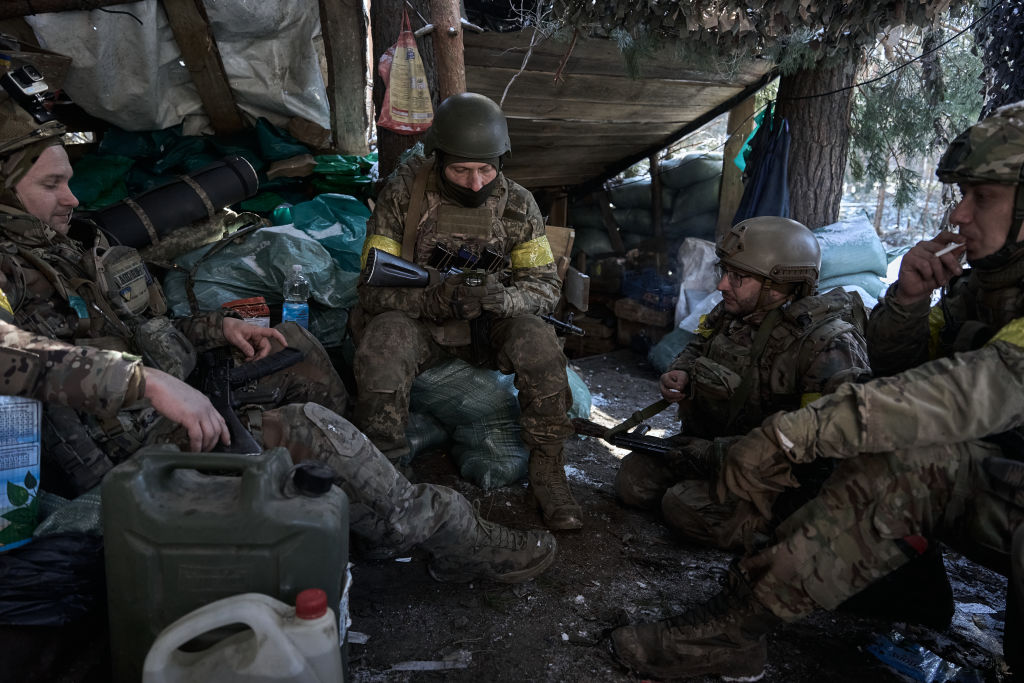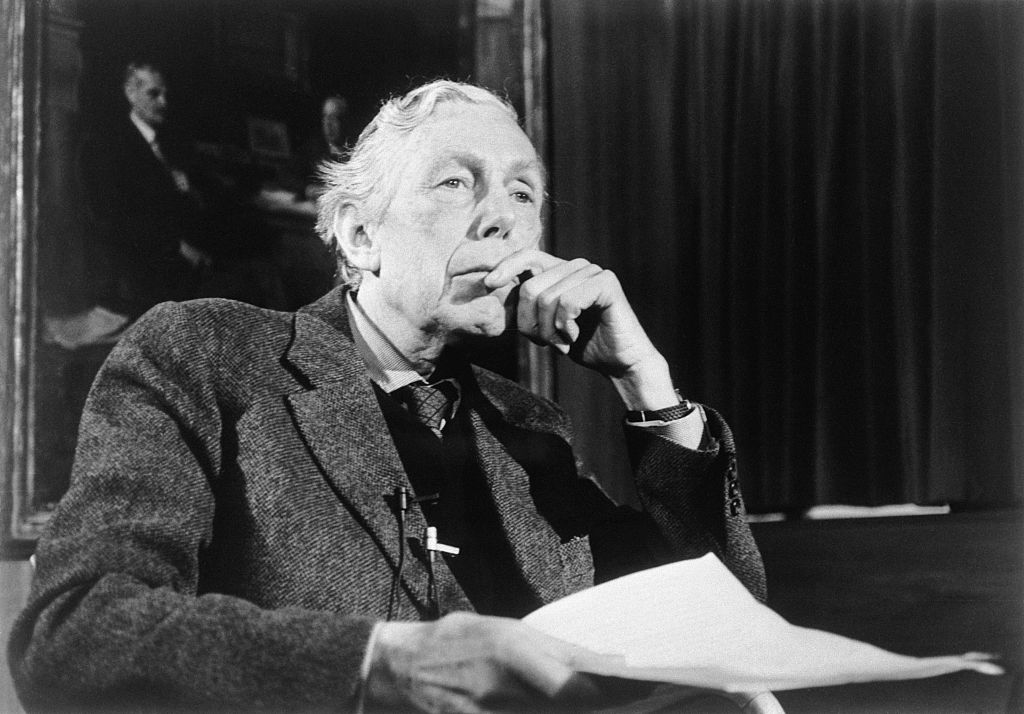For all of human history, waging war for territory has been the norm. Most, if not all, modern countries had their modern borders defined by war. But the horrors of World War II were so extreme that they established a new, revolutionary norm: that war for territory was morally wrong. And for nearly 80 years, that new norm mostly held.
It sometimes led countries to go through very silly excuses when trying to grab land, but it mostly held nonetheless. In 1991, Saddam Hussein pretended that Kuwait was actually a part of Iraq. In 2014, Russia pretended that the Crimeans had voted to join Russia. In 2022, they justified their full-scale invasion by claiming they were defending the independence of the Donetsk and Luhansk Republics.
The reaction to these incursions by the Western international order, and even most non-Western states, has been condemnation. This is sensical. While territorial conquest was once widespread, it also led to constant war and mass death (it is not a coincidence that this new norm has coincided with the fact that fewer people die from war today than at any point in human history, even while we have more people than at any point in human history).
This brings us to Ukraine’s recent Kursk incursion. The beleaguered country recently launched a counter-invasion of Russia, particularly the Kursk region. There are rumours that the invasion could expand to Belgorod. While the Ukrainian government has not been entirely open about their intentions, it is likely that they will attempt to use the conquered territory as a bargaining chip in negotiations with Russia to get their own occupied territory back. This is not a massive break from the “no more war for territory” norm; in a fight for survival, Ukraine is doing all it can.
The problem is that not all members of the Ukrainian government have been as restrained about the incursion. One, the chief of staff of the controversial Azov Brigade, Bohdan Krotevych, urged other countries – his list was Japan, Finland, Moldova, and Georgia — “to use this moment and opportunity and get their territories back, that are currently temporary occupied by Russia [sic].” He added that Poland should consider reconquering Kaliningrad.
Now, officials of all types rattle off all sorts of out-there statements. But Krotevych is not just any official. The Azov Brigade is very influential in Ukraine (having been hailed as heroes for their defence of Mariupol), and its quasi-independent status has forced the government into a sometimes uneasy alliance (made doubly-so by the fact that the Azov have a history of using neo-Nazi imagery).
Krotevych’s open urging indicates, to some degree, that such a call is accepted in the higher echelons of Ukraine’s government. It is not hard to imagine this being the case. The government has previously urged the West to take similarly risky steps, such as shooting down Russian planes over Ukraine. Many in Ukraine, and those supportive of it (particularly the online pro-Ukraine slactivists who have dubbed themselves “NAFO fellas”) have also consistently pushed the line that Russia is not a “real” country, and is instead an empire comprised of various nationalities which should be free from Moscow’s rule.
There is something to this last point. As territorial conquest was once acceptable, many states did indeed gain large amounts of territory via the method, Russia included. But the entire world, including the West, long ago determined that territory thusly gained – at least, gained pre-1945 – is immutable. The suggestion that countries around Russia should seize back “their territories” is akin to seeing a giant “PROPERTY OF PANDORA” sign on a box and ripping it open anyway.
The United States, for example, is home to hundreds of Indian reservations, and some activists have claimed they should have statehood akin to any other country. Hawaii was seized by businessmen, and the ruling queen was overthrown; should the U.S. consider giving those Pacific islands back to the native inhabitants, just as China begins to stretch its legs in the region? It would be a ridiculous notion.
Does the United Kingdom plan on giving back the Falkland Islands, or France any number of its Pacific or Atlantic territories? And does anyone on the planet want to see Japan start trying to take chunks out of neighbouring countries (considering what happened the last time)? Or take a look at Ukraine, which has plenty of neighbours which once controlled lands now under the Ukrainian flag, including Romania, Hungary, and Poland, the latter of which was highlighted by Krotevych. Would Krotevych say that Ukraine should give up land back to Hungary?
Of course not. But yet the entire Western world is silent in response to Krotevych. And by being silent, the Ukrainian government may take that as a sign to continue to encourage such behaviour (and the encouraged states may even begin to consider such propositions).
This is all compounded by the fact that Ukraine’s Kursk incursion probably is not even a good idea to begin with. While it is understandable that Ukraine is attempting to throw everything they can at the wall, the incursion is not likely to stick. Fantasies of the incursion weakening Putin are just that, fantasy. This is the man who suffered nothing from a rogue mercenary general fighting his way into the Moscow region.
Likewise, it is impossible to fathom Russia agreeing to go to the table having to ask Ukraine for its land back. The country has more money than Ukraine, and more people it can sadly force into the role of cannon fodder. They will continue the war until Ukraine has been entirely forced from Russian territory, with undoubtedly countless casualties. Nothing will have been gained, and much will have been lost.
The norm against using war for territory will still continue, albeit in a weakened state. But in the coming years, it will likely be finished off altogether. If Western states which conquered their own territories via conquest do not speak up now – difficult as it may seem to come to Russia’s defence – they may come to regret it.





Zelensky drags America into war, or Zelensky loses